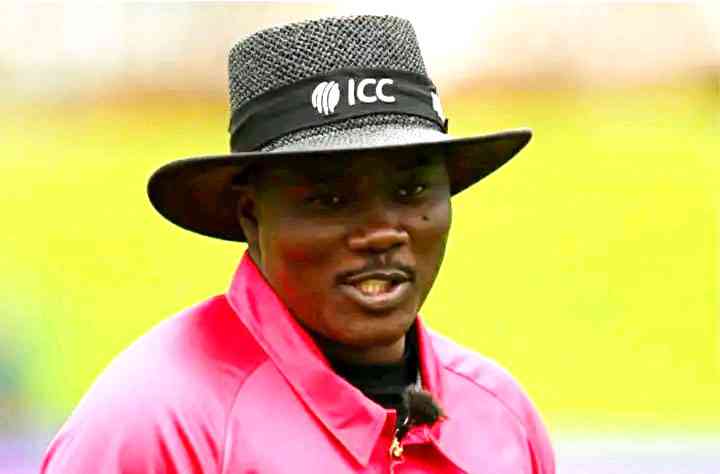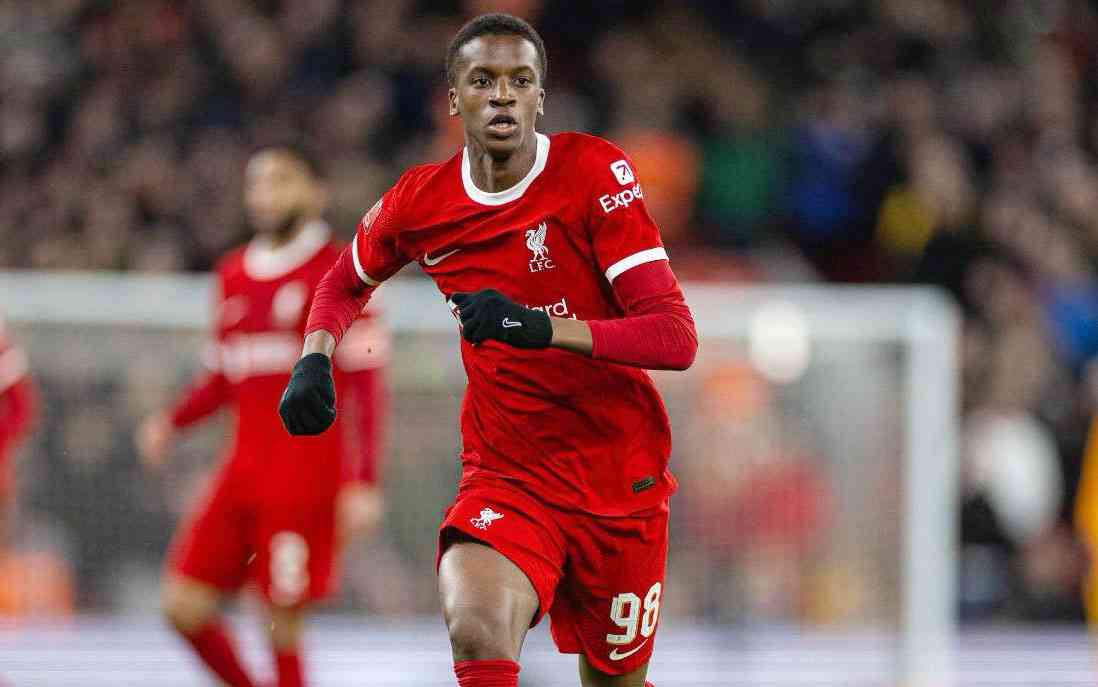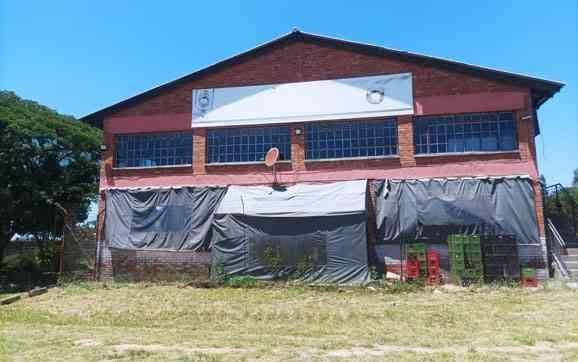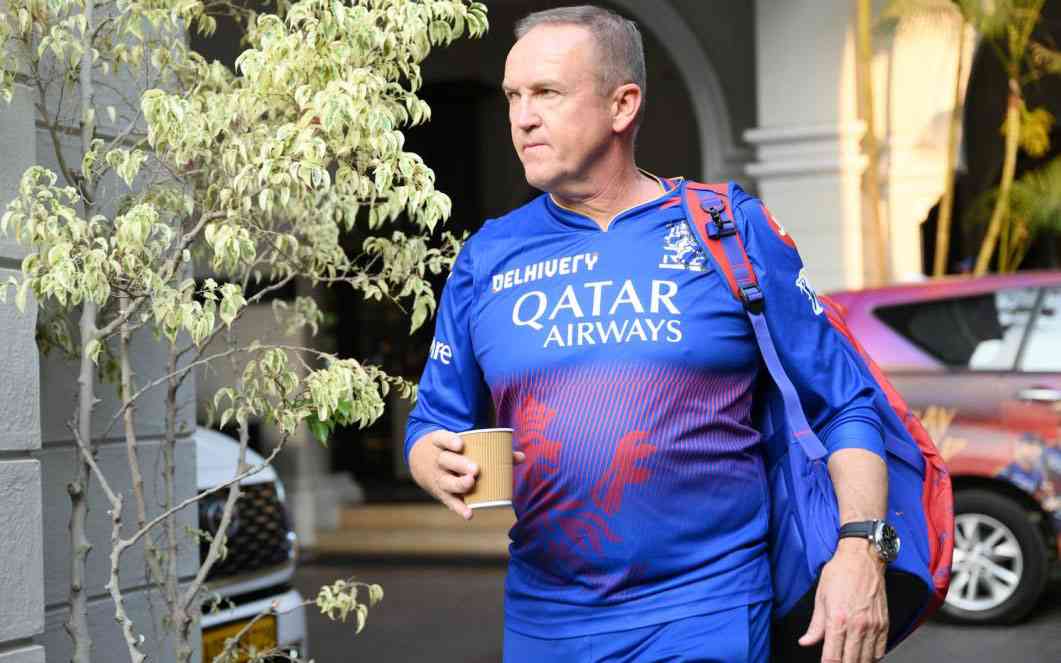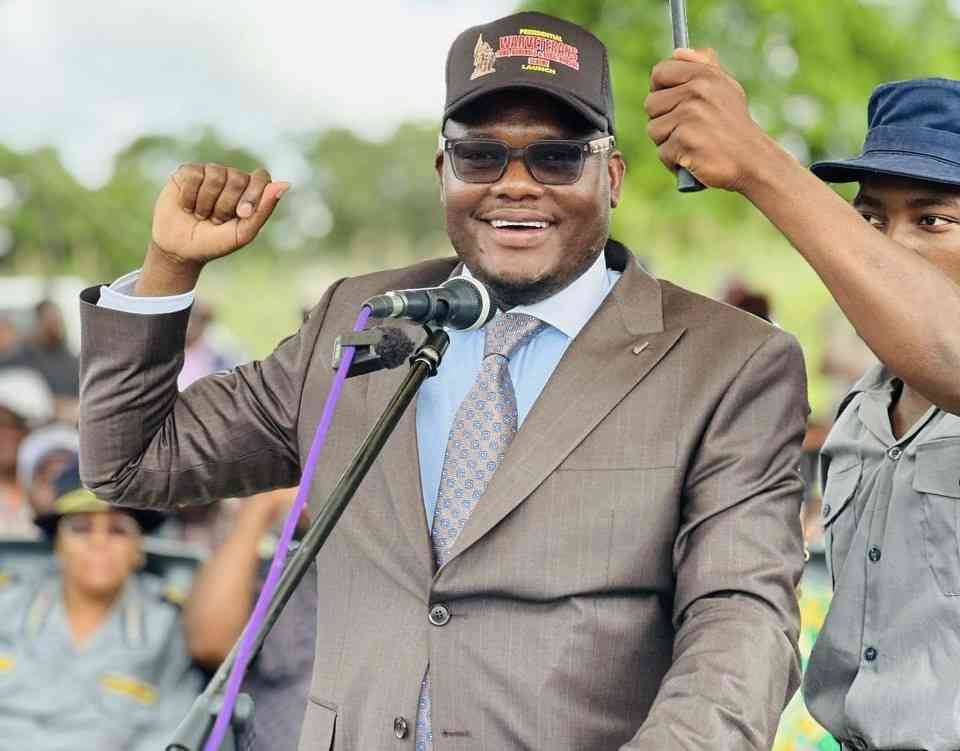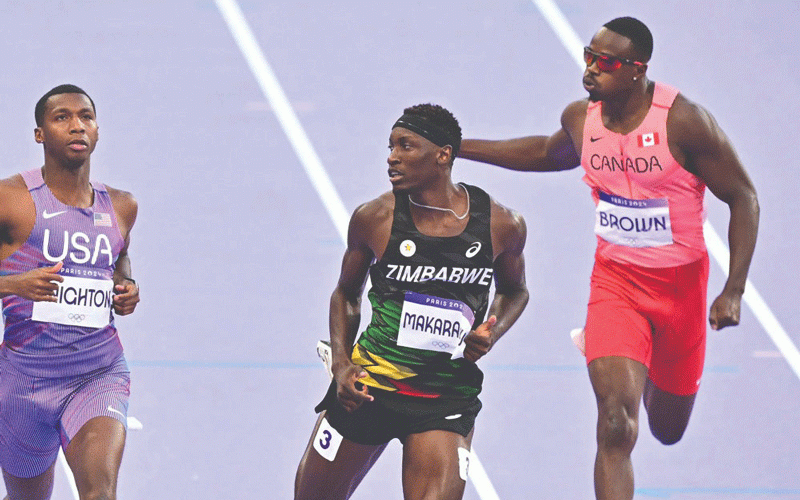
In the electrifying theatre of world sprinting, where milliseconds etch destiny, Zimbabwe’s Tapiwanashe Makarawu has emerged as a beacon of speed and resilience.
At just 25, the national record holder has sprinted his way from the dusty tracks of Bindura to the luminous starting blocks of the World Championships and the Paris Olympics.
His journey is not just a tale of raw talent, but of unwavering faith and a dream that refused to be grounded, even when his own body faltered.
Makarawu’s racing pulse was set in motion in the quiet Zimbabwean town of Bindura, inspired not by the glamour of international meets, but by the tangible success close to home.
He recounts the early pull of the track, driven by a simple, heart-warming sibling rivalry. "I played many sports... I ended up focusing on athletics more than other sports and surprisingly it was working," he says.
His father, a former runner, saw the spark, but it was his big brother's local celebrity—coming home with so many medals, that first made him dare to pursue it.
"I would say my big brother, my dad, and Usain Bolt are my role models,” he said.
“When I was in primary school I used to see my brother come home with so many medals, sometimes he could win some money, take pictures with many people because he was becoming a celebrity lol, then I was like I love this let me try it too.
- Zimbabwe cycling legend Warren gets continental role
- Zimbabwe cycling legend Warren gets continental role
- Mataya eyes IMMAF World Championships
- Zim sprinter hopes dashed
Keep Reading
“My dad was my model in the sense that he never gives up, he always depended on God no matter what, so that taught me a lot.
"Usain Bolt was my model in the sense that people used to say I run like him (which was a lie obviously) but I ended up wishing to be like him, watching his videos and trying to be like him which wasn’t ideal but it low key boosted my confidence.”
The dream found its concrete form in 2017. Winning the NASH competitions at Lomagundi College—first in the 200m and second in the 100m—was his moment of clarity.
"I was like, I guess we are doing this," he affirms, officially trading a childhood pastime for a career path.
Yet, the path to national records was brutally testing. Makarawu is remarkably candid about the years when his biggest opponent wasn't another sprinter, but a persistent illness.
In high school, during what should have been his peak, he fell sick for what he describes as a long time, for like 2-3 years.
This period of physical weakness became a crucible for his mental strength.
Despite the fatigue, the running never stopped. Makarawu speaks of those solitary days in Bindura.
"Each time I felt a little better to walk, I would take myself for a jog in the street with my music," he revealed.
It was in those quiet, dizzying moments that his Olympic vision was forged.
"Sometimes I could see a plane in the air and be like 'that’s gonna be me one day flying to London for World Championships' but I never told anybody because I was scared of being looked down upon by people around.
“Sometimes I could just cry in the midst of training or jogging talking to God..."
This struggle with his health brought him to the brink of surrender. "I almost gave up when I was always sick, always home," he shared, but something always pushed him to just get up and run.
He now sees those low points not as curses, but as catalysts.
"I usually see setbacks as blessings... because I always see those setbacks as a chance from God to reset, restart and do everything right with love and passion involved," he explained.
The move to the US collegiate system marked a significant escalation in his career.
Competing in college athletics, he notes, is "very very competitive, you would definitely think that you are running at the Olympics."
This environment was crucial, shaping him to be "strong mentally to be specific and also getting used to that level of competition."
The routine is a demanding balance of technical precision and power. A typical week involves specialised training: "Monday will be, speed work day only and gym, Tuesday maybe something like endurance then we rest Wednesday, come back Thursday work on our speed endurance, Friday we work on speed again then weekend we reset."
Supporting him is the steady guidance of former sprinter Lewis Banda, a "big brother" who gives them advice on life and track.
The World Championships 200m final and the Paris Olympics stage were the ultimate rewards for his perseverance.
To stand alongside global giants like Noah Lyles and Letsile Tebogo was a dream fulfilled, even if the race didn't go perfectly.
"It’s something that I will always be grateful for because a lot of good athletes did not get a chance to run that final," Makarawu reflected.
The lesson from facing the best? They too started somewhere.
"They didn’t woke up one day and became world champions, it took time, patience and resilience to be where they are today so I simply tell myself that when the time is right God will make it happen."
Looking ahead, Makarawu's ultimate target isn't just a single medal, but a legacy: "Being one of the greatest in the sport is the dream."
He believes he can run in the "19.5 range," a mark that would cement his place among the world's elite.
Despite his rising profile, Makarawu remains grounded. "I’m open to everyone, I’m not reserved to myself... there are no celebs in heaven so I always try to keep it simple," he insists.
His heart remains with Zimbabwe, noting that while the state of athletics is "a little better now," much is left to be done.
His ambition is to be a resource for the next generation.
"I really wish to give back to the community, to those who have dreams but don’t have resources because I know how it feels to be in that state," he stated, hoping to provide both financial aid and essential advice.
His final message to young Zimbabwean athletes is one rooted in his own deep experience of hardship and triumph: "No matter what discouragements you get, don’t give up, not only in sport but life in general... Whatever plans you have, put them before God first, tell him everything you wish for and want and he will take care of the rest."
Makarawu has proven that a dream nurtured in the streets of Bindura, sustained through sickness, and fortified by faith, can indeed carry a young man onto the world’s fastest track.

